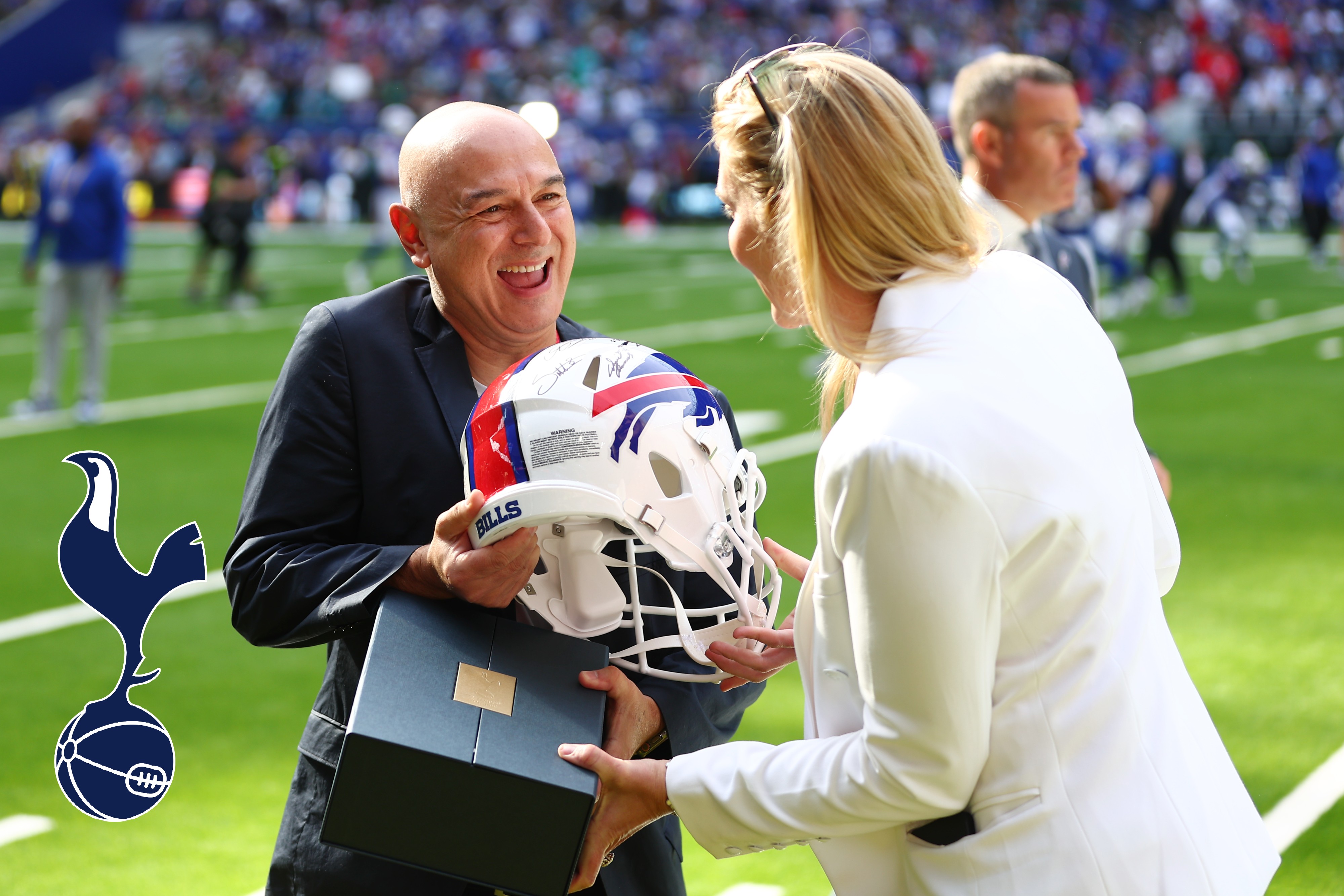Rumours continue to swirl regarding a potential investment in Tottenham Hotspur by Amanda Staveley and others, but Stan Collymore has been scathing of her involvement in the game.
It’s already been contended that if she were to get an ‘in’ to the North London giants, she would get rid of Ange Postecoglou and replace him with Newcastle’s Eddie Howe.
Furthermore, it appears she wants a “position of power” in order to push forward any investment.
Amanda Staveley looks set to invest in Tottenham
Former professional Collymore understands why Spurs would be a target for a potential takeover, but he’s none too happy that Staveley will likely stage another ‘smash and grab’ just as she did with the Magpies.
“I think Amanda Staveley is a new type of leech on the game of football, really I do,” he said to CaughtOffside for his exclusive column.
“She’s obviously very clever because she’s somebody that hasn’t got billions but is extraordinarily well connected to people that use their money to buy big assets, and rumours of an investment in Tottenham would provide her with a very quick and very effective way of making a huge return.
“I get why Spurs would be seen as a a potential hostile takeover with Middle East businessman first buying a small amount of shares, then gradually buying the whole club. The suggestion from recent news reports were that it was 12.5 percent for £700 million, and then the Qataris would chew off the percentages until they bought the lot.
“It makes absolute sense to buy Tottenham too. They’re in London and they’ve got a fantastic stadium which is arguably the best in the country if not the world. They’’re a known and historic name, and are massively underperforming in terms of what people could legitimately expect from them on the pitch.
“[…] Joe Lewis and Daniel Levy could be offered something ridiculous like £6bn to get out, and then Amanda Staveley, by putting in relatively little of her own money, will walk away with an astounding amount.”
Whether traditionalists like it or not, that’s seemingly the way that football is heading, and will likely continue to do so in future.
Collymore’s viewpoint is a particularly harsh one, given that most owners of elite football clubs seem to be in the business of making money – and little else.
